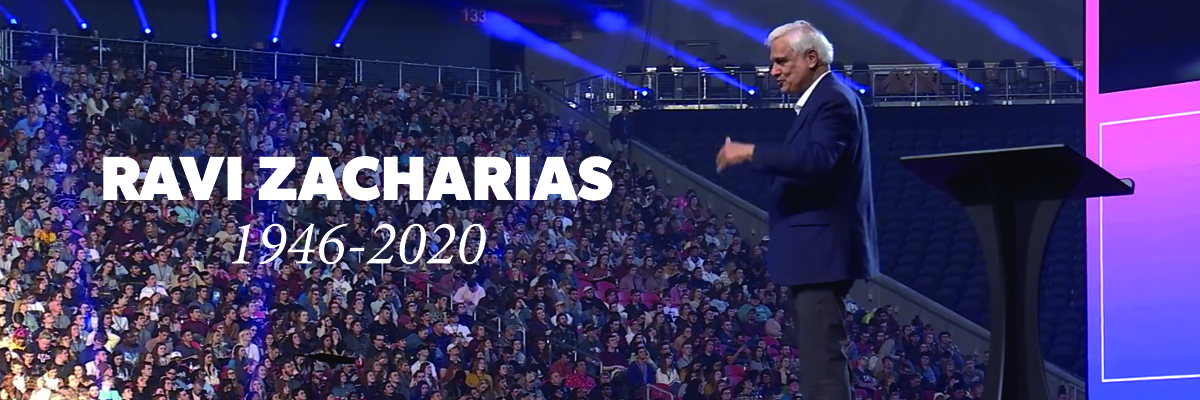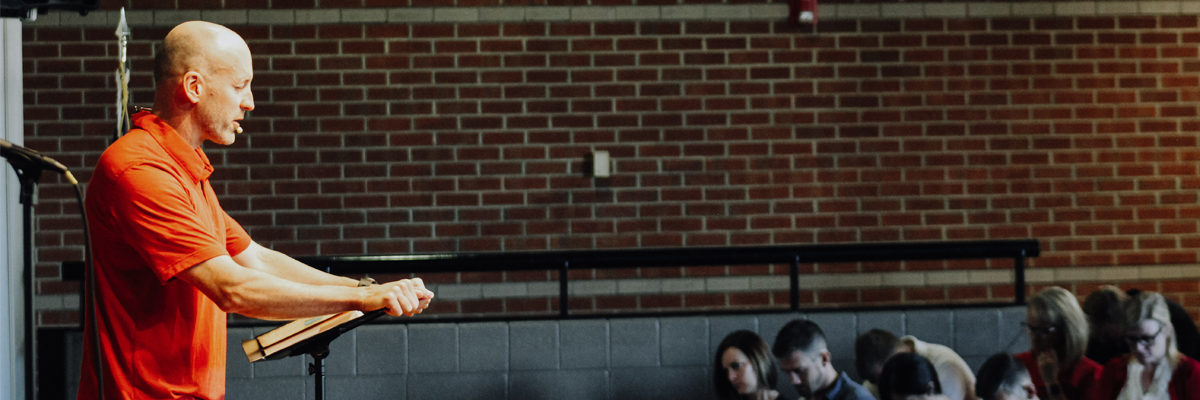The Hebrew Roots (HR) movement is hard to nail down. There is no central leadership, no clear statement of faith, and various groups all over the place doing different things in a similar vein. The common themes seem to be:
1) Referring to Jesus by a Hebrew translated name, and that any other language translation for His name is somehow heretical.
2) Strict observation of the seventh day of the week as the Sabbath.
3) Observance of Torah law in our current day.
4) Observing various versions of Old Testament festivals.
5) A desire for a deeper and more passionate spiritual life that HR followers are not finding in the modern American church.
In response to these basics, I can only agree with the fifth point. However, the search for a deeper and more passionate spiritual life should not take us back to the old covenant of the Old Testament (OT).
I will answer the question about HR by asking questions that I would ask of any person that has become involved in this movement. These essential questions shed light on why HR followers are going in the wrong direction with their understanding of the Bible and the Gospel.
1) How can you claim to follow Torah law when you are not a part of national Israel and the temple no longer exists?
Law expressed in the first five books of the OT is Torah law. These laws fall into three different categories: (1) Ceremonial Law: law that dictated how the worship of God and the temple sacrificial system should be conducted. (2) Civil Law: law that dictated how the nation of Israel should be organized, function, set apart (including dietary laws), and disciplined. (3) Moral Law: law that speaks to God’s will concerning moral right and wrong for all people.
It is impossible for a person to claim that they are following Torah law in our current day. (1) Ceremonial law cannot be followed since the temple does not exist. The second temple was destroyed in AD 70. It was destroyed and never rebuilt, as a part of the providence of God since it is no longer needed under the new covenant. The old covenant was based on a sacrificial / temple system that was symbolic of a final Savior to come. Jesus was that Messiah. Jesus was the final and perfect sacrifice for our sins. The entire book of Hebrews is dedicated to arguing this point. We are now under the new covenant (1 Corinthians 11:25-26) and a temple dedicated to sacrifices is not needed. The only ordinances of the new covenant church are believer baptism and the Lord’s supper. (2) Civil law cannot be followed in modern-day America because they are laws meant to govern a nation (example: cities of refuge, systems of justice and punishment, rules for dealing with conquered people, dietary laws for distinguishing Jew from Gentile, etc.). If these were to be applied anywhere today, it would be in modern national Israel, but national Israel functions by a modern rule of civil law.
The only Torah law that remains is the moral law. The moral law of God remains because the nature of God does not change and the nature of humanity does not change. The holiness and justice of God remain the same from eternity past to eternity future, even though His method of relating to humanity has changed from the old to New Covenant. The Ten Commandments written by the hand of God in stone are the clearest representations of moral law still applicable today.
Conclusion: Those who claim to follow OT civil and ceremonial law, either don’t know what they are talking about, or have no problem arbitrarily picking and choosing which laws they think are important, and follow only those select laws. Either position is not faithful to the whole teaching of the Bible.
2) Why do Christians worship on Sunday? If they followed the OT moral law correctly, they would worship on the OT Sabbath – the final day of the week.
Christians transitioned to worshiping on Sunday because Jesus rose from the dead on the first day of the week. In the book of Acts, the apostles nowhere lay on new believers the necessity of keeping the Sabbath on the last day of the week. The Sabbath moral principle (focus on worship and physical rest one day per week) can be applied to the first day of the week just as easily as the last day of the week. All this relates to how the calendar is set up on paper, as to which day is considered first or last in the week. The moral principle, which should be followed, is consistently setting aside one day in seven for worship and physical rest.
3) Who, or what, do HR followers trust in for their salvation from the penalty of sin?
Do they believe that Jesus is the Son of God, crucified, buried, and raised from the dead? If they trust in the finished work of Jesus on the cross (1 Corinthians 15:3-8) then why are they interested in re-instituting an unnecessary temple sacrificial system? Why are they interested in celebrating feasts whose purpose was to look for the Messiah to come? If they do not believe in Jesus as Savior, to what they turning for the forgiveness of sins?
4) Why are they interested in recreating OT feasts and festivals?
If they truly believe in Christ as their Savior they would reject the recreating of key OT feasts. The most important OT feast was the Passover. This feast reminded the people of the exodus, but more importantly, pointed forward to the Messiah to come – the true Passover Lamb. It makes no sense to celebrate a feast whose purpose is to hope for a Messiah to come. The Messiah has already come, this is why none of the apostles press for the continued celebrating of the Passover. We celebrate instead the birth and resurrection of the Savior who has come already.
5) What do you do with Acts 10:9-16, which is the threefold vision given to Peter declaring all animals clean to eat?
Some HR followers adhere to Torah kosher dietary laws. This passage in Acts is explicitly clear (x3) that Torah kosher dietary laws passed away with the old covenant. This vision is given to Peter just before welcoming gentile people into the church with the blessing and seal of the Holy Spirit. The entire point of this passage, and others to follow, is that the people of God in the new covenant are NOT those who follow Torah civil laws, but those who believe in Jesus Christ as Savior. To enforce Torah civil dietary laws during the new covenant period is to go directly against this clear vision from the Lord.
6) What do you do with Acts 15?
This entire chapter is directly related to the HR movement. The scene is a debate between those who argue that new gentile Christians should be ordered to keep the laws of Moses (Acts 15:5), but Paul and Barnabas argue that keeping these laws are no longer relevant. There is much vigorous debate over the issue until the apostle Peter stands up, filled with the Holy Spirit, and clarifies that the law of Moses was a burden impossible to keep (verse 10). Christians are not saved by law-keeping, but by the grace of Jesus Christ (verse 11). Therefore, the burden of keeping the law should not be laid on gentile believers or new converts to the faith. James delivers the final declaration of what is to be expected from new Christians. What is expected is a truncated version of the ten commandments (moral law of God): abstain from things related to idolatry, abstinence from sexual sin, and turning away from things related to pagan rituals (strangled animals and blood). This decision is then formally written up and circulated to the churches. This is not just a section of church history. This council is recorded for us in scripture so that we might have the confidence to make a clean break with the keeping of Torah (Mosaic) civil and ceremonial law. This decision was greeted by the church with rejoicing (verse 31)! We should also rejoice in the grace of Jesus Christ, never turning back to old ways.
7) Why would you call people back to becoming Jews, or to follow in the ways of the Jews, when Paul instructs us specifically to follow in the new way of Jesus Christ?
Romans 2:25-29 is one of many passages that points those who live after the incarnation of Jesus Christ to trust in Him, not the regulations of Judaism. The way of salvation in the old covenant was to become a Jew, or join the people of God in the belief and worship of God. In the new covenant period, the people of God are those who put their faith and trust in Jesus Christ for the forgiveness of sins. People from all nations become followers of Christ, not Jews. When they become followers of Christ they are set apart in holiness by following the moral commands of God. This does not mean that Christians of other cultures must give up non-moral aspects of their culture to become Jewish. On the contrary, we are told that in Heaven there will be Christians from all nations, tribes, and languages (Revelation 7:9-17). The assumption from this passage is that looking out over the vast audience of Christians in Heaven, national differences will be visible. We are never told that all Christians should become Jewish in their living after becoming followers of Christ. There will be Jewish Christians present, who have believed in Jesus, but those will be truly Jewish in heritage and family origin.
8) Why do you think that Jesus’ name can only be spoken as translated into Hebrew?
This argument is basically the same as those who argue that the Bible is only the word of God when it exists in the King James English. It’s a ridiculous argument that only points to the ignorance of those who do not know or speak foreign languages. The original manuscripts of the New Testament were written in Greek and Aramaic. In those manuscripts the name of Jesus was written in Greek. There is no prohibition in the Scriptures to translating the Bible into other languages.
—
At the end of the day, the Hebrew Roots movement is only a variation on the same argument the apostles already settled in the book of Acts and Hebrews. Those who struggle with the teachings of this movement would do well to study those two books and come to better grasp what it means that we now live under the new covenant and that Jesus is our new and final High Priest.
“See to it that no one takes you captive by philosophy and empty deceit, according to human tradition, according to the elemental spirits of the world, and not according to Christ.” – Colossians 2:8
I hope this is helpful,
Pastor Vic












